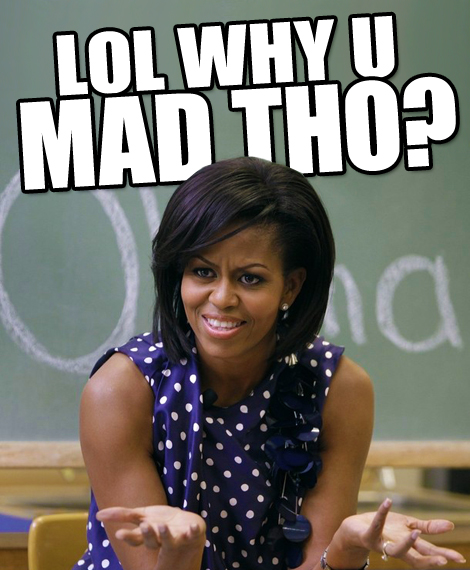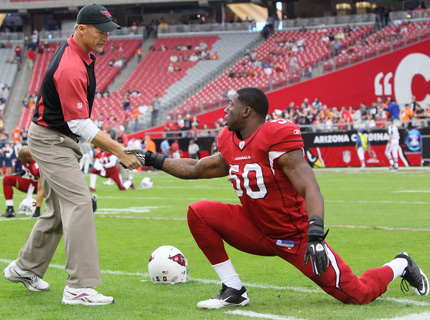Rootlessness means lacking foundation and purpose. People who embrace randomness are increasingly becoming more popular across the nation. It seems the nation has a fascination with the random things that people do. A growing number of people are consuming much more of their time with doing random things. Even on Twitter, you will see many people type #random for a thought (or utterance) that comes out of nowhere and/or that makes absolutely no sense. Because many people refuse to stay focused for even two minutes during a conversation, they will say, “I know this is random but…” They don’t want to sit still long enough to continue a coherent conversation. They have so many random things that they want to say that they don’t make it possible to have a coherent conversation. When you have a conversation with someone who embraces randomness, you better be prepared for the conversation to take all kinds of unexpected twists and incoherent transitions.
Many people enjoy randomness so much that their enjoyment of randomness renders them fundamentally useless. It seems like many people consume most of each day doing random things and living random lives. Have you ever just stopped and asked yourself why do people love randomness? These people suffer from rootlessness. They have failed to establish a strong foundation for themselves and have not identified their true purpose in life. If you consume most of your day with trivial things, then you suffer from rootlessness. A rootless person is a dangerous person. Rootless people have the capability of doing anything without notice, including things that can cause others around them to die. When you are truly rootless, you are unstable.
I know rootless graduate and professional school students who should be spending more time with conducting research in their fields, but will elect to devote a significant amount of their time to trying to come up with random outfits that are going to catch people’s attention. These graduate and professional students will spend a great amount of time on putting things on Facebook and Twitter just to get attention. The stuff that they post on Facebook and Twitter never has any substance—it’s just stuff that they know will get a reaction from the people who see it. To invest such a considerable amount of time on inconsequential stuff like this is a problem. You may say, “Antonio, you are making more of this than it really is,” but I want you to know that many people are wasting lots of their time on doing random things.
I wish that those who get a significant amount of attention for having a true commitment to being random would not receive so much attention from those of us who know we should not be entertaining their randomness. When people who are embracing randomness reveal their ignorance, we should not simply laugh at them—we need to tell them that they are being stupid. We need to ask them what’s ailing them. If we really care about them or just care about people in general, we need to help them to work through their rootlessness. Let’s help people to understand the how and the why behind their randomness. Many people who love randomness may not really understand why it is that they do what they do. You can make a true difference in a person’s life by simply asking him or her to think critically about why he or she does the things that he or she does.
When an adult constantly does random things every day, there’s something wrong with this adult. Doing random things every day evinces a person’s immaturity. Start to challenge adults who love to be random to replace their randomness with substance. Don’t simply stand by and let people waste their lives being fools. I want you to understand that people who are regularly random are people who suffer from rootlessness. They need someone to care for them. They need someone to help them to develop a foundation and a purpose. Be that person that they need to change their lives for the better.
Antonio Maurice Daniels
University of Wisconsin-Madison






